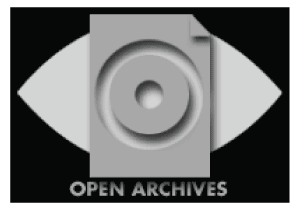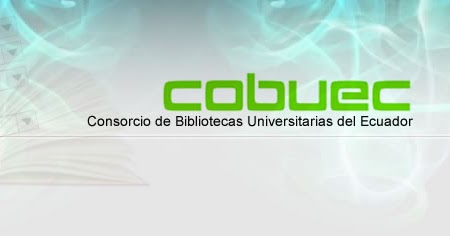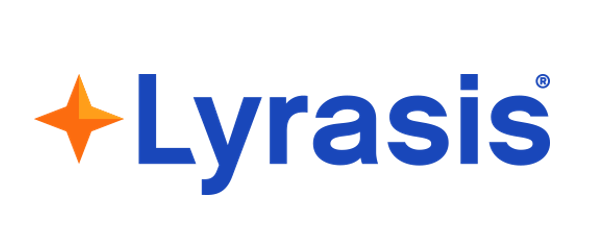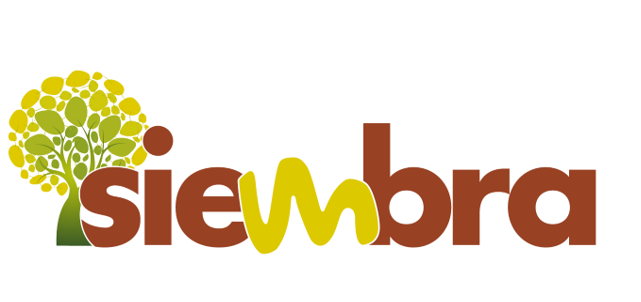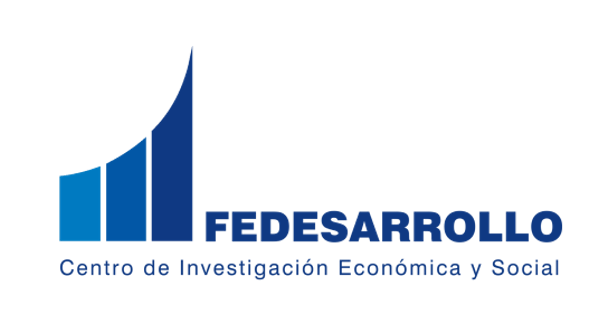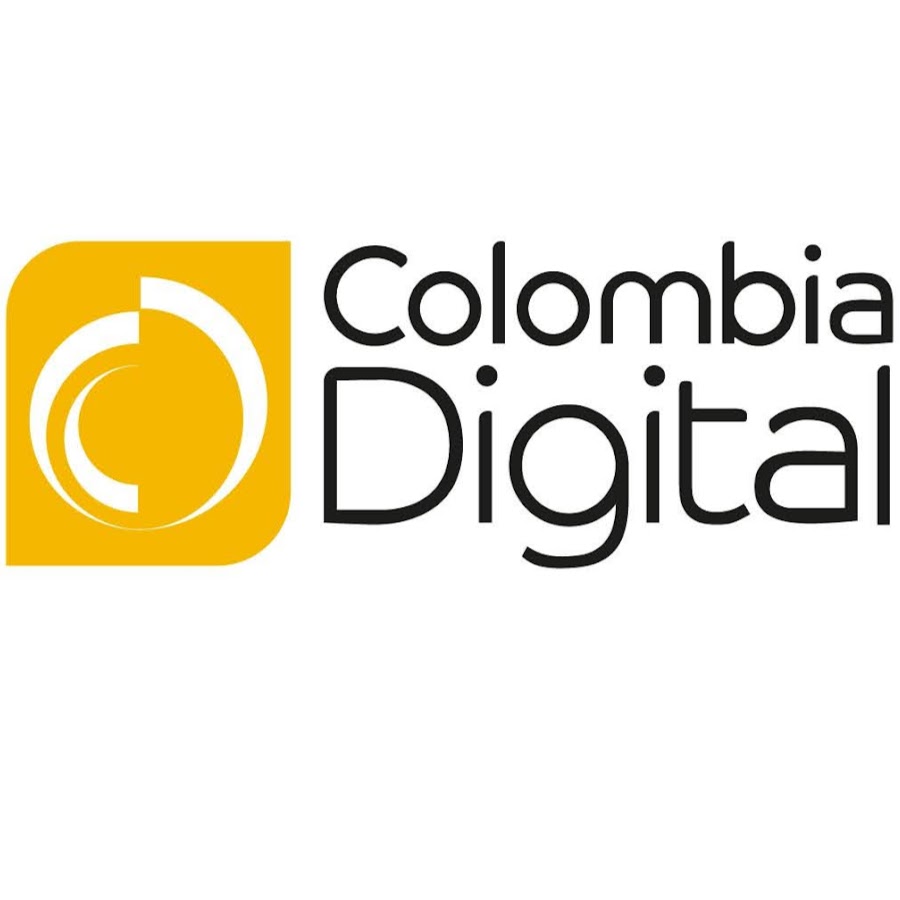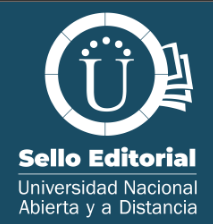Mostrar el registro sencillo del ítem
Diseño de un módulo propio de formación indígena Mhuysqa en el resguardo del municipio de Chía, junio 2018-junio 2019.
| dc.contributor.advisor | Pinto Parra, Diana Marcela | |
| dc.coverage.spatial | cead_-_Zipaquirá | |
| dc.creator | Suárez Miranda, Sandra Viviana | |
| dc.date.accessioned | 2022-03-16T15:18:15Z | |
| dc.date.available | 2022-03-16T15:18:15Z | |
| dc.date.created | 2019-12-22 | |
| dc.identifier.uri | https://repository.unad.edu.co/handle/10596/47925 | |
| dc.description.abstract | El proceso de formación en la comunidad indígena poco a poco ha sido atropellado por nuevos mecanismos y modelos educativos que están fundamentados en una población que se desenvuelve en un contexto socio – cultural urbano y que por ende tiene otras necesidades para cumplir con las metas educativas; se ha olvidado una educación para los pueblos, para la comunidad étnica que se basa en promover el vínculo y la relación entre la naturaleza y el ser humano que está en la búsqueda de construcción de valores y actitudes culturales; pero a pesar del debilitamiento cultural, la relación que tiene el pueblo indígena con su territorio le ha permitido conservar muchos elementos propios que lo identifican como una población étnica. El resguardo indígena Mhuysga del municipio de Chía sufre el debilitamiento de sus tradiciones culturales el cual se refleja inicialmente en las nuevas generaciones de esta comunidad, la población queda expuesta a dejar de recibir toda la sabiduría ancestral que proviene de los mayores quienes conocen la esencia de la vida, a partir de este instante entra a imponerse un nuevo proceso educativo para dar a conocer el conocimiento existente en el contexto; entonces, los niños y jóvenes de la comunidad muestran desinterés hacia el tema indígena influenciados ahora por otros conceptos tales como la moda, la tecnologías y otras prácticas, por otro lado estos niños y jóvenes están expuestos a no ser aceptados en algunas instituciones públicas ya que estas no tienen en cuenta el sentido de diversidad cultural, ni mecanismos que permitan el fortalecimiento hacia este tema. Durante los últimos años se ha dado pie a la solución de dicha situación; el gobierno nacional con la creación de leyes y decretos estipulados en la Constitución Nacional, la Ley General de Educación, entre otros documentos quieren recuperar una educación para los pueblos, cabe aclarar que no como iniciativa propia sino como el surgimiento de la lucha y resistencia de los pueblos indígenas a través de movilizaciones en pro de derechos y deberes y la recuperación de la cultura donde se valore y se dé sentido a una formación que responda a particularidades étnicas, socioculturales y lingüísticas de las familias que hacen parte de la población buscando que los niños, niñas y jóvenes se apropien de sus valores a través de un proceso conocido como educación propia. Lo anterior lleva a pensar en la necesidad de construir un Módulo propio que dinamice la formación de los pueblos indígenas desde la recuperación de la identidad cultural y la apropiación de tradiciones y costumbres a través de un proceso de enseñanza – aprendizaje brindado a los estudiantes del resguardo indígena Mhuysqa que tenga como principio de formación su naturaleza y raíces culturales que los lleven a la construcción de un conocimiento cultural expresado en un existir colectivo. En el marco de estipulado en la Ley General de Educación y el Sistema de Educación Indígena Propio – SEIP, el cual se encuentra en previa reglamentación, donde se propone un módulo de formación fundamentado en criterios de integridad, interculturalidad, diversidad lingüística, participación comunitaria, flexibilidad y progresividad con el fin de afianzar el proceso de identidad, conocimiento y socialización, con el apoyo y orientación de docentes que tienen sentido de pertenencia tanto en su forma como en su fondo a una educación cultural ancestral que pueda mostrarse a la sociedad con entereza y sabiduría. Este proyecto va enfocado en diseñar un Módulo propio, mediante diferentes metodologías como la encuesta, la entrevista y concertación con lo que se busca dinamizar la formación de los pueblos indígenas desde la recuperación de la identidad cultural y la apropiación de tradiciones y costumbres a través de un proceso instruccional– aprendizaje brindado a los estudiantes del resguardo indígena Mhuysqa que tenga como principio de formación su naturaleza y raíces culturales que los lleven a la construcción de un conocimiento cultural expresado en un existir colectivo. El panorama general del proyecto, incluyendo todos los procesos de planificación, levantamiento de información y de gestión, tiene un tiempo estimado de doce (12) meses, a partir del primero (1) de junio de 2018 y el proyecto del diseño del módulo de formación propia finaliza el primero (1) de junio de 2019. | |
| dc.format | ||
| dc.title | Diseño de un módulo propio de formación indígena Mhuysqa en el resguardo del municipio de Chía, junio 2018-junio 2019. | |
| dc.type | Proyecto aplicado | |
| dc.subject.keywords | Educación, Módulo de formación indígena | |
| dc.description.abstractenglish | he process of formation in the indigenous community has gradually been run over by new mechanisms and educational models that are based on a population that develops in an urban socio-cultural context and therefore has other needs to meet educational goals; education has been forgotten for the people, for the ethnic community that is based on promoting the link and the relationship between nature and the human being that is in the search for the construction of values and cultural attitudes; but despite the cultural weakening, the relationship that the indigenous people have with their territory has allowed them to preserve many of their own elements that identify them as an ethnic population. The Mhuysga indigenous shelter of the municipality of Chía suffers from the weakening of its cultural traditions which is initially reflected in the new generations of this community, the population is exposed to stop receiving all the ancestral wisdom that comes from the elders who know the essence of life, from this moment on comes to impose a new educational process to publicize existing knowledge in the context; then, the children and youth of the community show disinterest towards the indigenous issue now influenced by other concepts such as fashion, technology and other practices, on the other hand these children and young people are exposed not to be accepted in some public institutions since These do not take into account the sense of cultural diversity, or mechanisms that allow the strengthening of this issue. During the last years the solution of this situation has been given rise; the national government with the creation of laws and decrees stipulated in the National Constitution, the General Law of Education, among other documents want to recover an education for the peoples, it should be clarified that not as their own initiative but as the emergence of the struggle and resistance of Indigenous peoples through mobilizations for rights and duties and the recovery of culture where training is valued and made sense that responds to ethnic, socio-cultural and linguistic particularities of the families that are part of the population seeking that Children and young people appropriate their values through a process known as their own education. This leads us to think about the need to build our own Module that will boost the formation of indigenous peoples from the recovery of cultural identity and the appropriation of traditions and customs through a teaching-learning process provided to the students of the shelter. Mhuysqa indigenous that has as its principle of formation their nature and cultural roots that lead them to the construction of a cultural knowledge expressed in a collective existence. Within the framework stipulated in the General Law of Education and the Own Indigenous Education System - SEIP, which is in prior regulation, where a training module based on criteria of integrity, interculturality, linguistic diversity, community participation is proposed, flexibility and progressivity in order to strengthen the process of identity, knowledge and socialization, with the support and guidance of teachers who have a sense of belonging both in their form and in their background to an ancestral cultural education that can be shown to society with integrity and wisdom This project is focused on designing a module of its own, through different methodologies such as the survey, the interview and consultation, which seeks to boost the formation of indigenous peoples from the recovery of cultural identity and the appropriation of traditions and customs through an instructional process - learning provided to the students of the Mhuysqa indigenous shelter that has as its formation principle their nature and cultural roots that lead them to the construction of a cultural knowledge expressed in a collective existence. The general overview of the project, including all the planning, information gathering and management processes, has an estimated time of twelve (12) months, from the first (1) of June 2018 and the project of the module design Own training ends on the first (1) of June 2019. | |
| dc.subject.category | Especialización Educación, Cultura y Política. |


